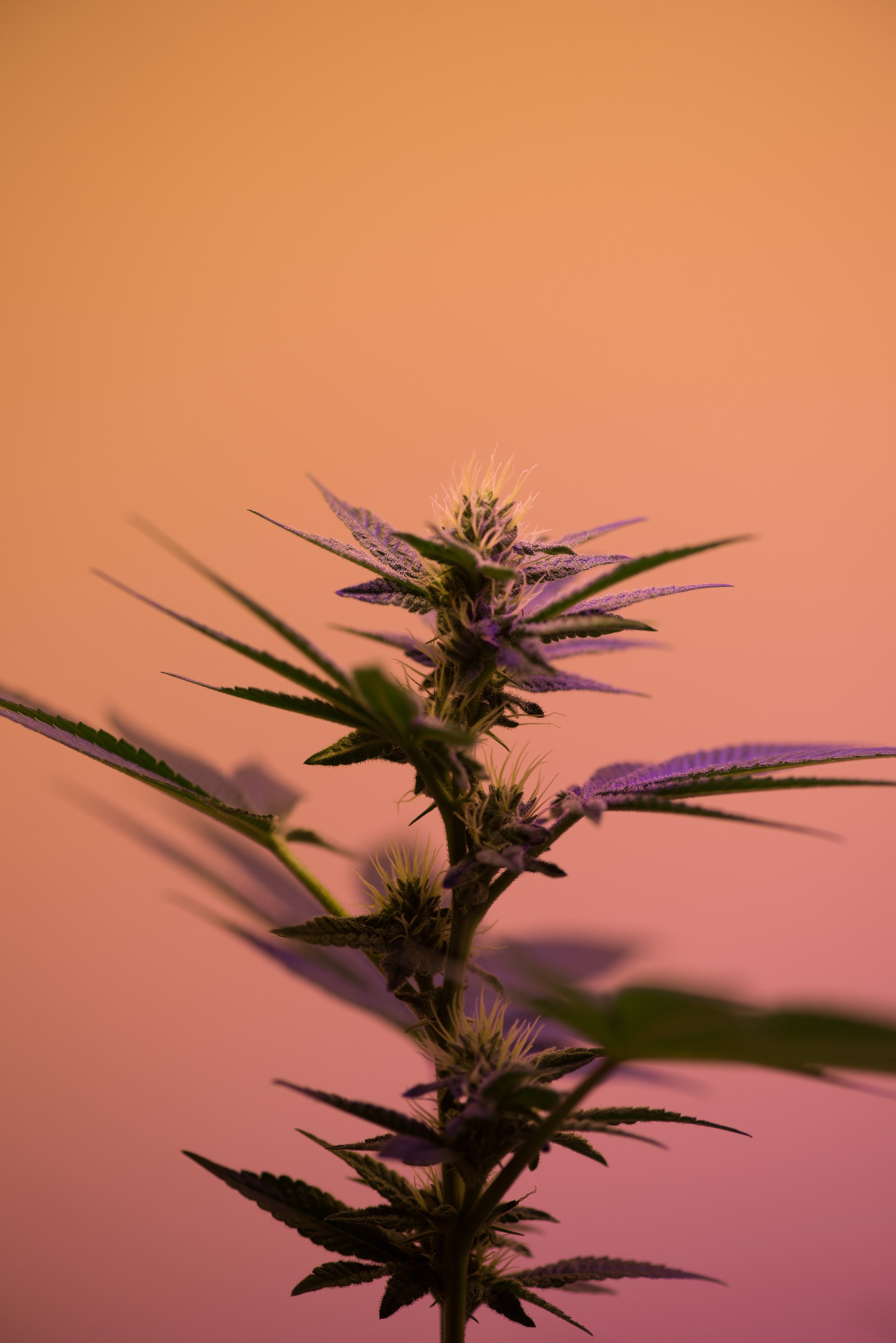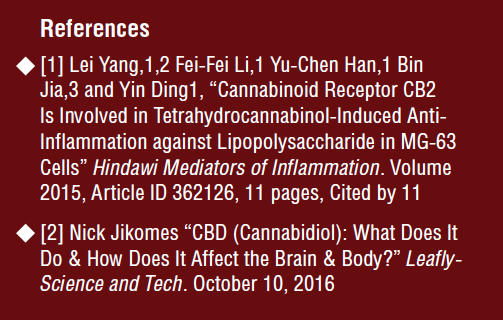Frequently asked questions about cannabis in the spa: Will I get high?
By Ella Cressman, LE, Founder HHP Collective, Published in Topical Magazine, August 2019
There are many questions that come with providing cannabis-infused services in a spa setting. Many stem from a pre-conceived notion and a desire to seek validation of a position they have grown to believe. Some are asked with a whisper, guarded by the back of their hand, blocking anyone nearby from hearing, or seeing specifics as if they are discussing something illicit. All questions come from a place of wanting to clarify an understanding or dispel a misconception. With centuries of misinformation and stigmatization, and CBD-infused products popping up everywhere, it is natural there will be questions to help sort truth from propaganda. One that comes up often is, “Will I get high from my massage or facial?”
The answer to this question either brings comfort or disappointment. No. You cannot get high from receiving a cannabis-infused massage. You will not feel high from performing a cannabis-infused facial on someone else, nor will they. Unless you are drinking the infused massage oil, or eating the facial products (which is absolutely not recommended), one will only feel relief and relaxation. The reason? The receptors.
The two main receptors that facilitate communication with the Endocannabinoid System are CB1 and CB2. CB1 receptors are found mainly in the brain and the central nervous system. CB2 receptors are found mainly in the immune system, the peripheral nervous system and the skin. Both CB1 and CB2 receptors respond to endocannabinoids (produced by the body) and phytocannabinoids (found in plants).
Though there are hundreds of phytocannabinoid compounds, found in both cannabis and other plants, two main molecules receive the most press: THC and CBD. THC can have an intoxicating effect IF it binds with a CB1 receptor. It has an anti-inflammatory effect if it binds with CB2 receptors. [1] Unless THC is passing through a permissive membrane (pulmonary, digestive, buccal or nasal), it will not provide the psychoactive effects. The opportunity for THC to find its way to the CB1 receptors via topical application is nearly impossible. Nearly, but there are transdermal technologies that allow for this. However, these products are found in a dispensary, and not in the spa.
CBD, on the other hand, does not bind with receptors, but rather encourages function of a wide range of receptors in the body. [2] It then encourages a plethora of responses and reactions including encouraging endocannabinoid function. Think of it as a cheerleader shouting “You can do it! C’mon oil glands (sebocyte cells), you’ve got this. We’re going to correct this acne.” Or, a loving mother, in a soothing voice “It’s going to be OK, elbow joint, you can calm down now.”
One position that finds its way into spa products is the composition of the hemp extract. Full or Broad-Spectrum hemp-infused products may contain up to 0.03% THC along with CBD and other minor cannabinoids. Where science is still working to fully understand the topical capabilities of the minor cannabinoids, there is a strong passion position that the sum of many cannabinoids provides more benefits than just one.
Many products contain the isolated molecule cannabidiol (CBD) which provides a host of benefits by encouraging regulation of cell proliferation (anti-aging), sebocyte differentiation, melanogenesis, as well as but not exclusively anti-inflammatory and antioxidant properties. CBD is non-intoxicating and has shown to counteract the “high” effect of THC when encountering CB1 receptors (a real fun sponge). The argument for which is better would be like comparing NSYNC (Full or Broad Spectrum) to Justin Timberlake (isolated molecule). They both have shown to be effective and valuable, but until science provides a definitive answer to specific topical applications, the choice of which concert ticket to purchase is a personal decision.
Though a spa practitioner may find relief from repetitive movement injury/ailments often present in the industry, they will have full cognitive function. Unless there’s a “puff-puff-pass” in between client’s, any “brain fog” is likely from a different source. Clients and guests may feel a deeper sense of relief and relaxation from infused services, but they will not have to worry about impaired driving after. Whether using full/broad spectrum or isolate-infused products in service, there is no risk of intoxication. Will you get high from a cannabis massage or facial? Nope.




